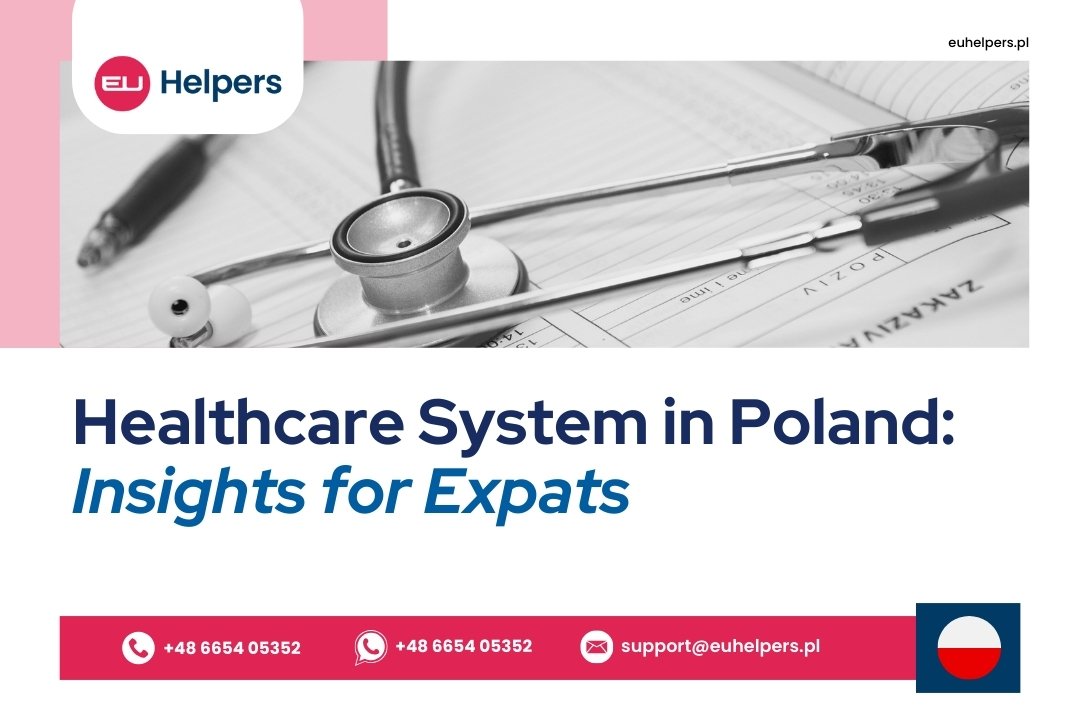Healthcare System in Poland: Insights for Expats
Poland boasts a robust healthcare system that combines both public and private elements, providing a comprehensive range of medical services. For expats considering a move to Poland, understanding the healthcare landscape is crucial. This overview will delve into key aspects of the Polish healthcare system, offering insights to help expatriates navigate and access medical services effectively.
1. Public Healthcare System:
Poland's public healthcare system is funded through mandatory contributions to the National Health Fund (NFZ). Expatriates working in Poland are typically required to contribute to NFZ, ensuring access to state-funded medical services. However, the public system faces challenges, including long waiting times and limited access to certain specialists.
2. Private Healthcare:
Many expats opt for private healthcare to supplement the limitations of the public system. Private healthcare facilities in Poland are known for their high standards, shorter waiting times, and English-speaking staff. Expatriates can choose private health insurance plans to cover medical expenses, offering more flexibility and personalized care.
3. Health Insurance for Expats:
While public healthcare is available to expats contributing to NFZ, private health insurance is advisable for comprehensive coverage. International health insurance plans cater specifically to expatriates, providing access to a network of private healthcare providers and covering additional services not included in the public system.
4. Medical Facilities and Quality:
Poland boasts modern medical facilities with state-of-the-art equipment. Larger cities, including Warsaw and Krakow, have renowned hospitals and clinics that meet international standards. Expats can expect quality healthcare services, especially in the private sector where English-speaking medical professionals are readily available.
5. Prescription Medications:
Prescription medications are available through both public and private pharmacies in Poland. Expats should note that the availability of specific medications may vary, and it's advisable to consult with a healthcare professional to ensure continuity of prescribed treatments.
6. Emergency Services:
Poland has a well-established emergency medical service (999) that provides swift assistance in urgent situations. Additionally, many hospitals have 24/7 emergency departments, ensuring access to critical care when needed.
7. Language Barrier:
While English is increasingly spoken in the medical field, especially in private facilities, expats might encounter language barriers in some public healthcare settings. It's beneficial to have basic Polish phrases or consider facilities with English-speaking staff, ensuring effective communication during medical consultations.
8. Vaccinations and Preventive Care:
Poland follows European Union guidelines for vaccinations, and the country has a robust preventive healthcare system. Expats should stay informed about recommended vaccinations and participate in routine screenings and check-ups to maintain optimal health.
9. Costs of Healthcare:
Public healthcare in Poland is funded through social security contributions, providing basic coverage. Private healthcare costs vary, and expats should carefully consider health insurance plans to manage expenses. Comparatively, medical services in Poland are often more affordable than in Western European countries.
10. Cultural Considerations:
Understanding cultural nuances in healthcare practices is essential for expats. Polish healthcare professionals value a collaborative approach with patients, and expatriates should actively engage in discussions about their healthcare preferences and concerns.
In conclusion, Poland offers a diverse healthcare landscape for expatriates, combining a public system with accessible private options. Expats are encouraged to explore health insurance plans tailored to their needs, ensuring comprehensive coverage and peace of mind. While challenges may arise, navigating the Polish healthcare system is manageable with a proactive approach and an awareness of available resources.

